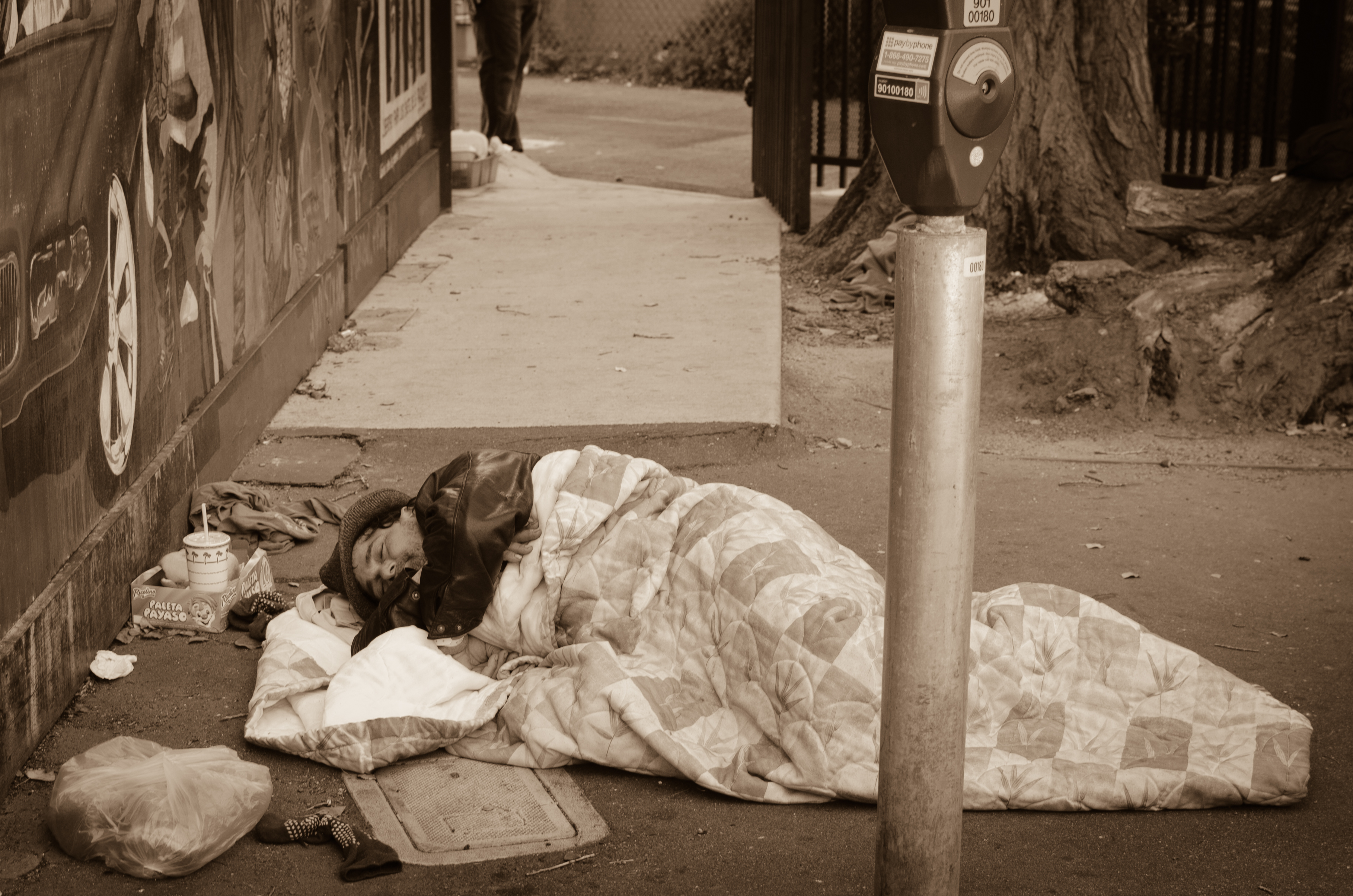The California Constitution (Article XVI, Section 6) authorizes the use of state money to help veterans buy homes, and since 1921, when California’s veterans housing programs (Cal-Vet) started, nearly half a million veterans have participated.
Under Cal-Vet, the state sells general obligation bonds to investors and uses the funds to buy homes on behalf of eligible veterans. Veterans make monthly payments to cover the sale of the bonds, interest and program costs. The state in turn repays the investors -- there is no direct cost to taxpayers.
Proposition 41 would permit the state to sell $600 million in new general obligation bonds to pay for affordable housing for low-income veterans and their families. The bonds would be repaid using state tax revenue, meaning that the new program would be taxpayer-funded.

California would use the funds to provide local governments, private developers, and nonprofit organizations with financial assistance to construct, renovate, or acquire affordable multifamily housing. The housing would then be rented to veterans and their families who meet the criteria of "low-income" - those who earn less than 80 percent of average family income for the state. The units would be “affordable” – the rent payments made by veterans cannot be more than 30 percent of the income limit for the program.
Veterans who are homeless or who are at risk of becoming homeless would be given priority under the program. Specifically, half of all funds would be used to construct housing for low-income veterans who are considered "extremely low-income" -- those who earn less than 30 percent of the amount earned by the average family in the county where they live. Part of the funding for extremely low-income veterans would be used to build housing for fully homeless veterans.
The allocation made from general fund tax revenues is expected to average $50 million per year (about one-tenth of one percent of the state budget) for 15 years.
Proposition 41 originated as Assembly Bill 639 in the California Legislature. It was sponsored by House Speaker John Pérez.
Image provided by Franco Folini at Wikimedia Commons.
